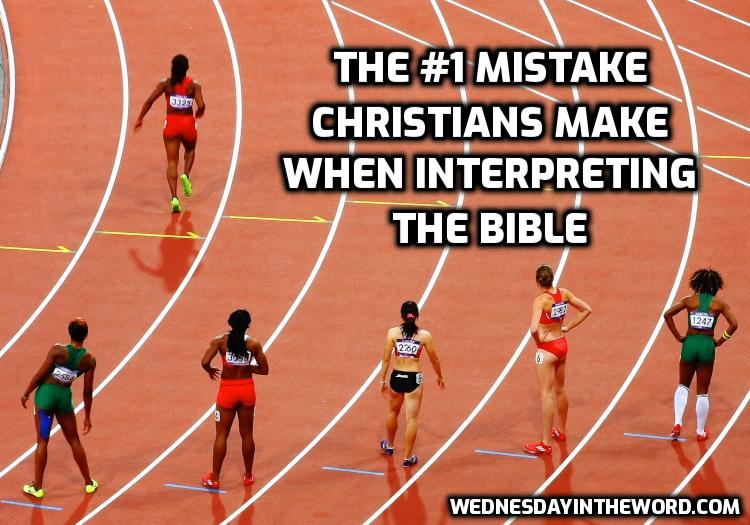Bible Study 101 Theory
The reasons why some Bible study methods are better than others
Bible Study 101 Theory

Bible Study 101: Must‑Read Books for Confident Scripture Study
Start your Bible study journey with these must-read books. Build confidence, gain insight, and grow in your understanding of Scripture.

10 rules for interpreting the Bible + an example
Wayne Grudem’s 10 rules for how to interpret the Bible. The first 3 rules are the most important.

Interpretation Terms Defined: The Bible Study Glossary You Can Actually Understand
Exegesis, eisegesis, hermeneutics? Wondering what all those terms mean? Here’s the definitions.

Augustine’s 9 Principles of Interpretation: A Practical Guide
Learn how Augustine interpreted Scripture. A practical guide to reading the Bible from one of church history’s greatest thinkers..

3 Tips for Bible Study in a Post-truth World
3 Tips for Bible Study in a Post-truth World. We may be more interested in emotion than facts, but good Bible study methods haven’t changed.

Mastering Bible Study Interpretation
After you’ve done your observation, word studies, outlining and answered the questions you generated, it’s time to start putting it all together. In this step, you want to collect, refine and organize all those details you observed into a coherent meaning.

Figurative Language in the Bible: How to Read Imagery & Metaphor Well
We use figurative language all the time: “I’ll have to face the music.” “I’m bored to tears.” “She has a green thumb.” “Don’t let the cat out of the bag.” “He died of embarrassment.” Biblical writers also used figurative language and vivid imagery. How are we to understand it?

Bible Study Procedure: A Step‑by‑Step Approach to Scripture
Wondering how to put all the tools and pieces of Bible study together so that you can tackle a specific passage of Scripture? Here’s the overall procedure.

How to Observe Scripture: The First Step in Bible Study
Learn how to observe scripture with purpose. Discover the first and most overlooked step to deeper Bible study and more meaningful insight.

The #1 Mistake Christians Make When Interpreting the Bible
Discover the #1 mistake Christians make when interpreting Scripture
and how to avoid misreading the Bible’s true meaning by understanding context.

Basics of Bible Interpretation: Stop Guessing, Read Right
If you’re looking for a refresher course on how to study the Bible or want to start learning, Bob Smith’s Basics of Bible Interpretation is still a good choice.

Stop Believing These 5 Myths about your Bible
What do you believe about your English translation of the Bible? Here are 5 ideas you should NOT hold.

Bible Study Disagreements: 2 Fixable Causes and How to Promote Understanding
Why do we have so much interpretative disagreement over the meaning of the Bible? Two explanations: one we can solve and one we can’t.

Before You Study: 6 Convictions to Bring to the Bible
How do you know if you’ve successfully understood a passage of Scripture? Start by understanding and embracing these basic interpretative convictions.

How to Study the Bible: The 5 C’s that Clarify Any Passage
Learn to study Scripture using the 5Cs. Move from confusion to clarity with a method that works for any passage and any reader.

Goal of Bible Study: Author’s Intent Explained
Goal of Bible study: Understand the author’s intended meaning. Learn a simple, reliable approach to read Scripture accurately and grow your faith.
Top Banner Photo by photo nic on Unsplash
